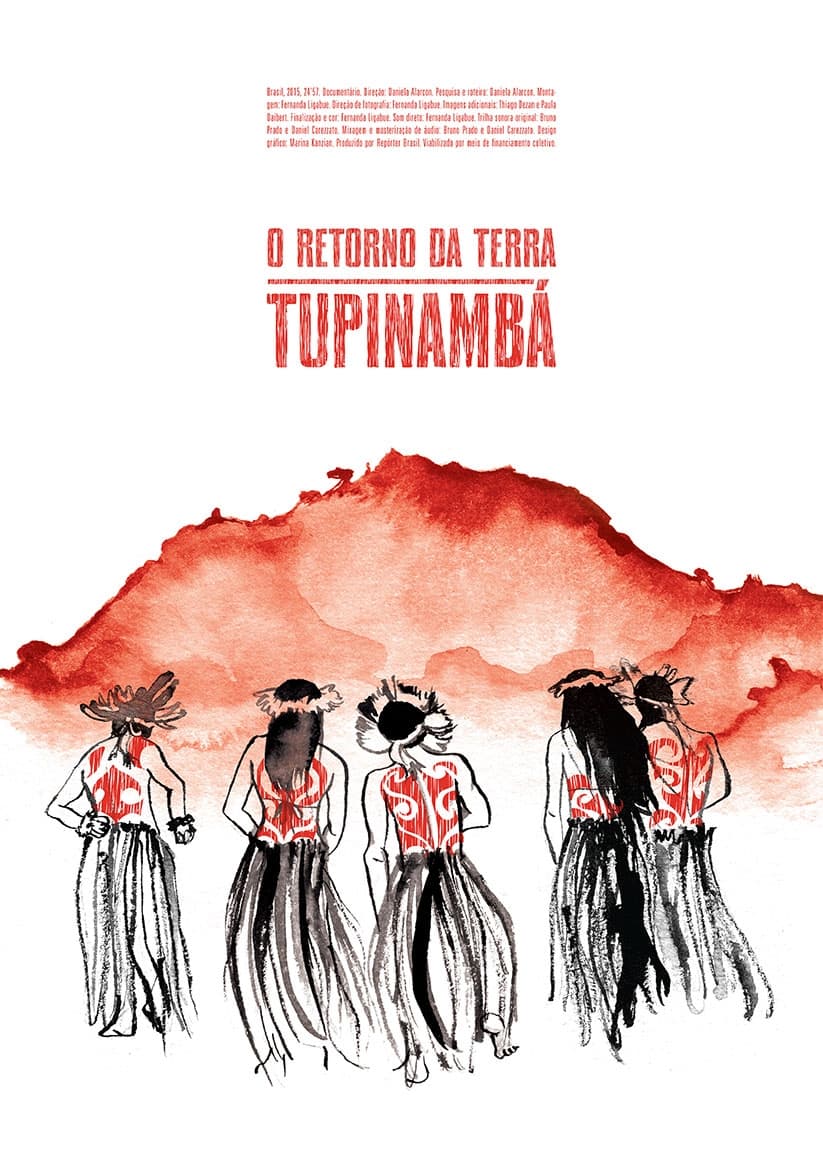
Browse all content tagged with this keyword.
Showing 28 results
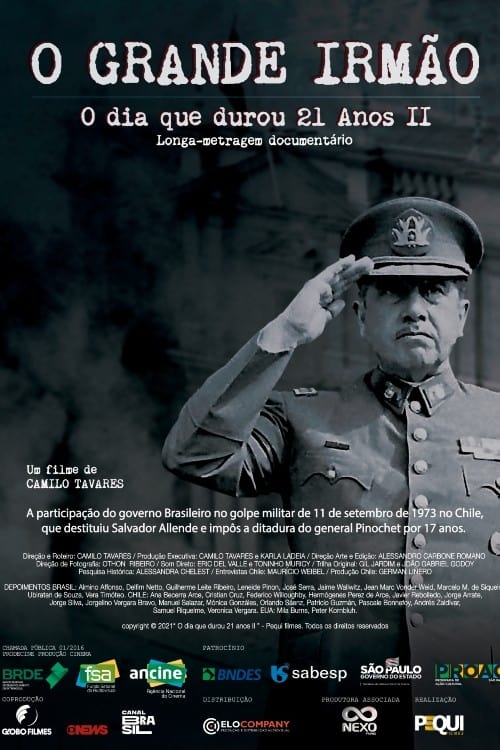
With confidential and unpublished documentation, the film shows the background...
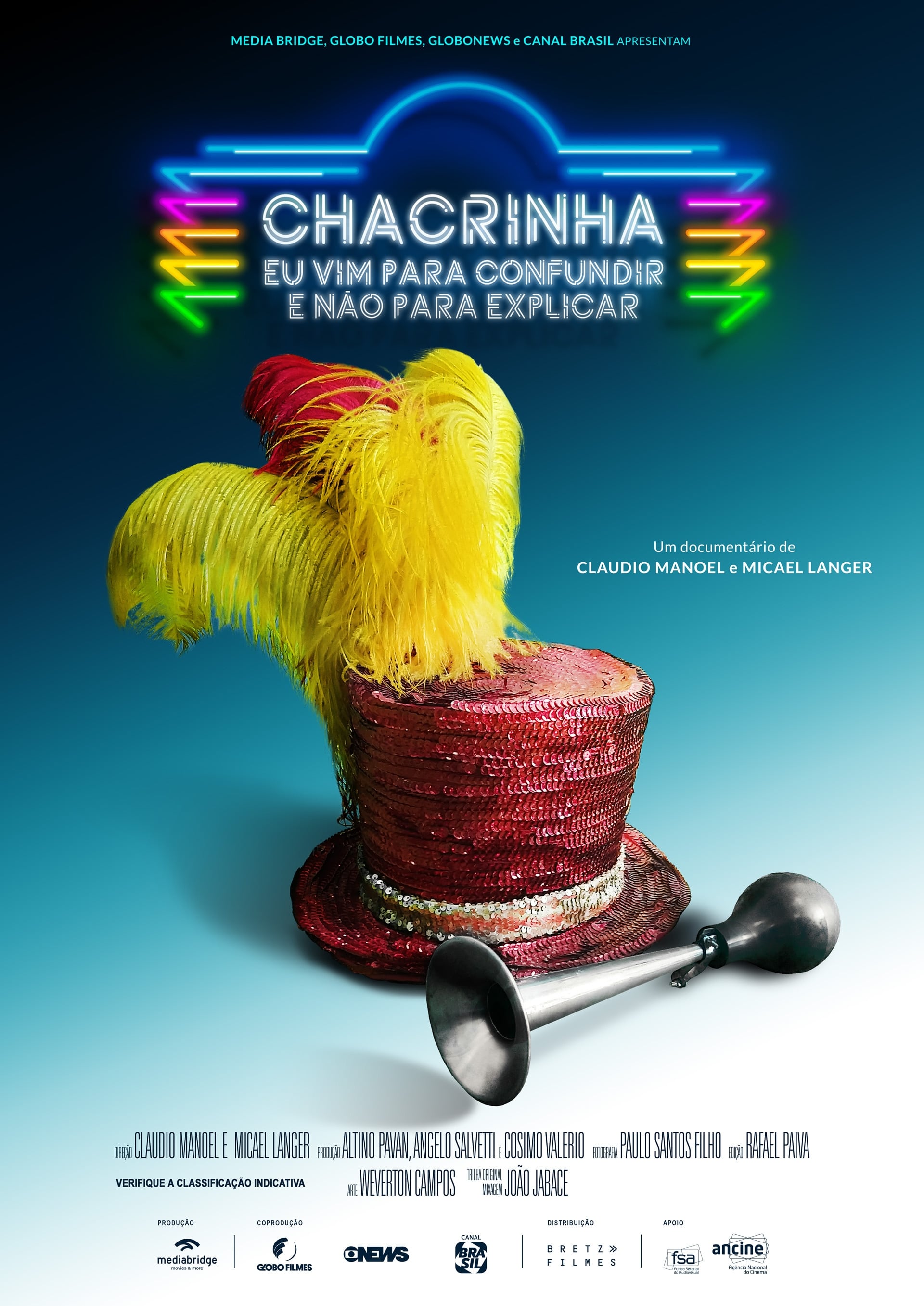
Chacrinha's legacy on TV and excerpts from his personal life...
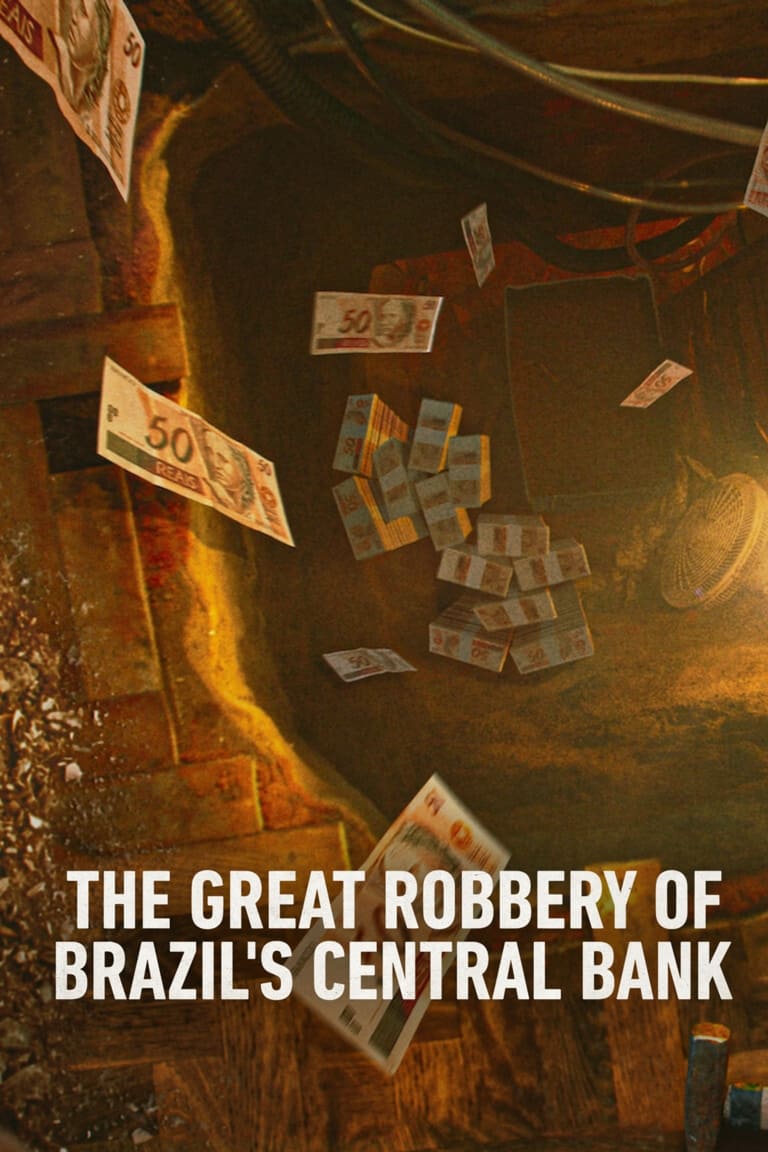
In August 2005, through a tunnel almost 80 meter long,...
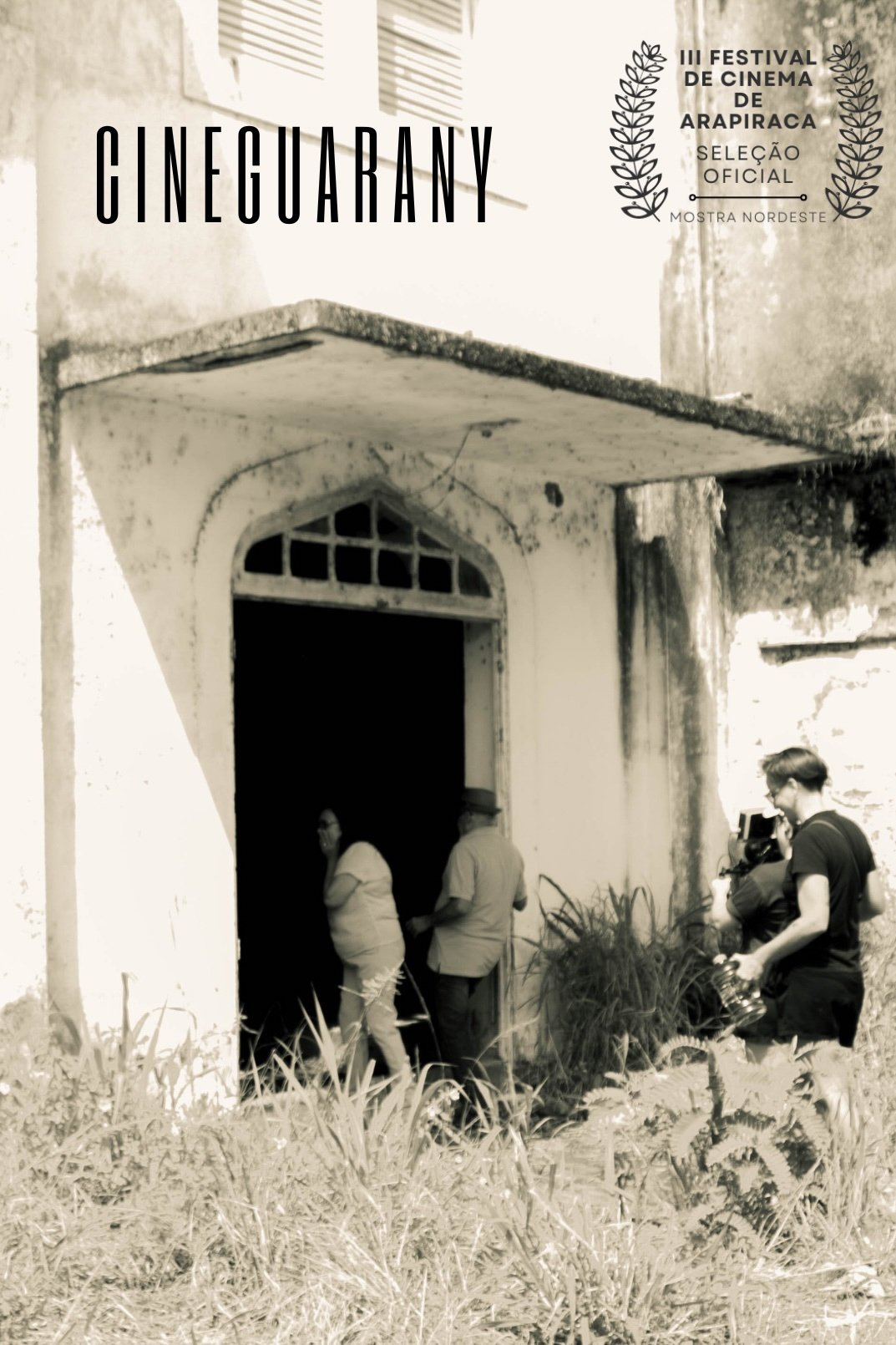
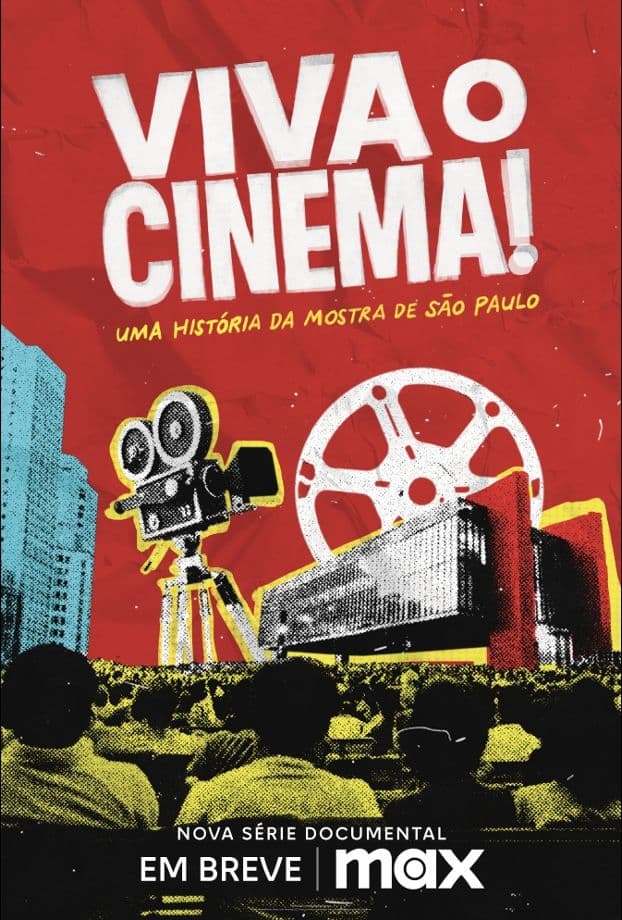
The series tells the story of the São Paulo International...
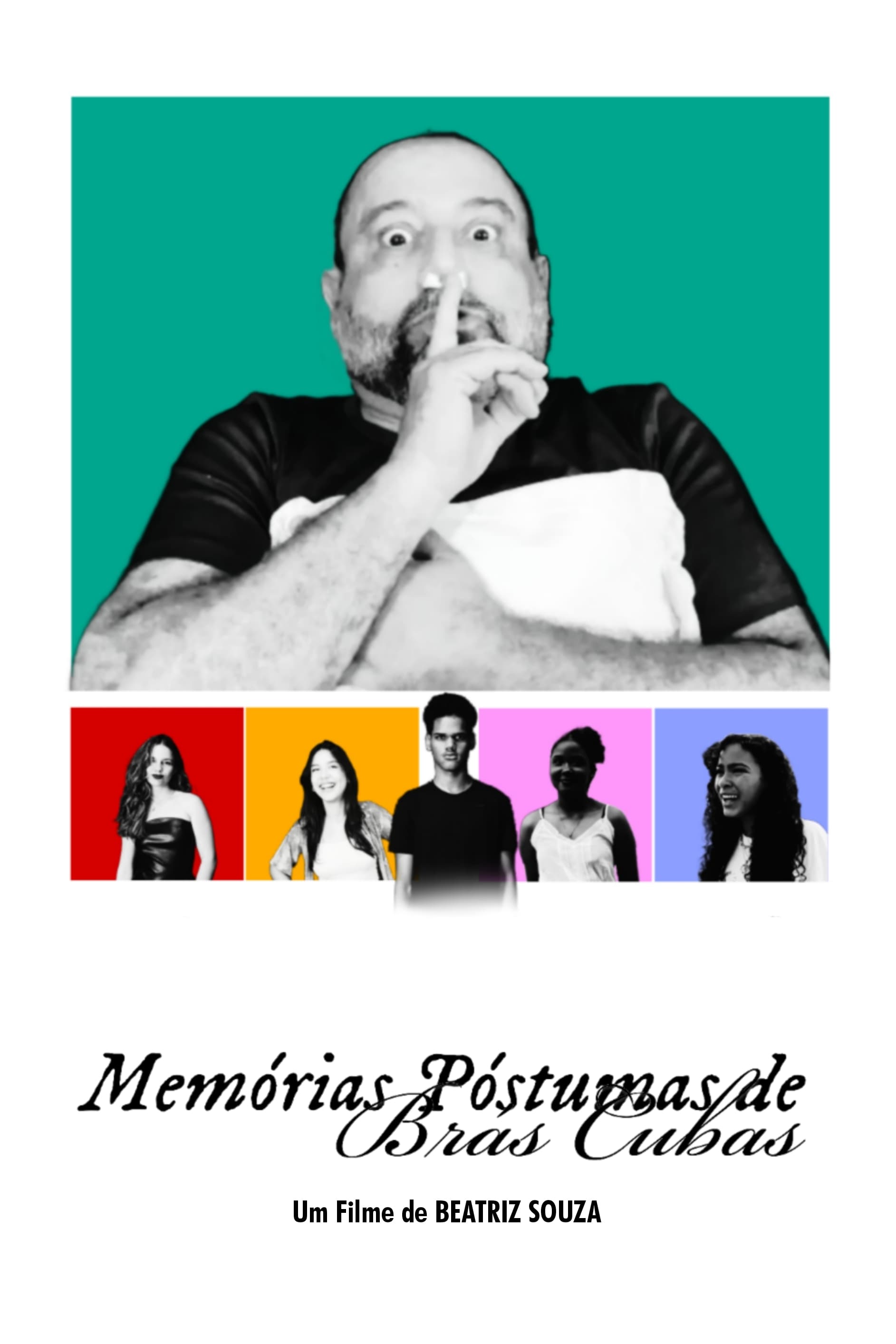
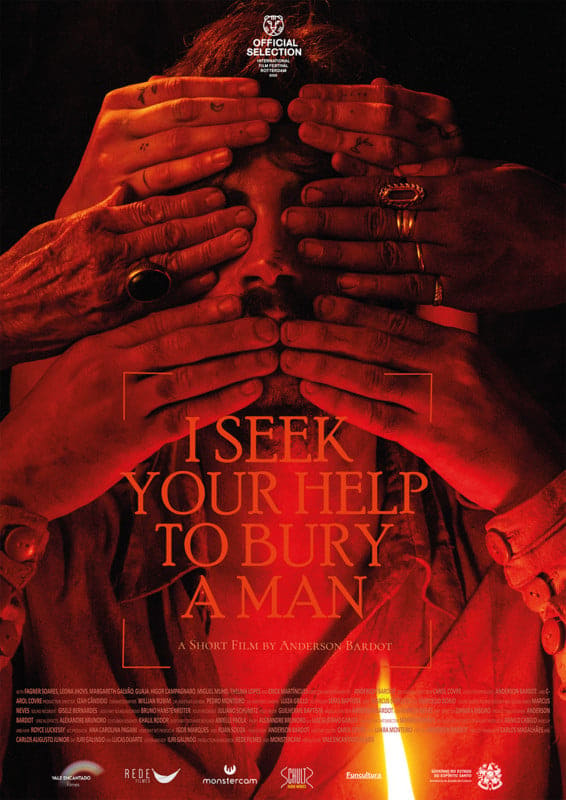
Empire of Brazil, 1870. A queer indigenous body slowly dies...
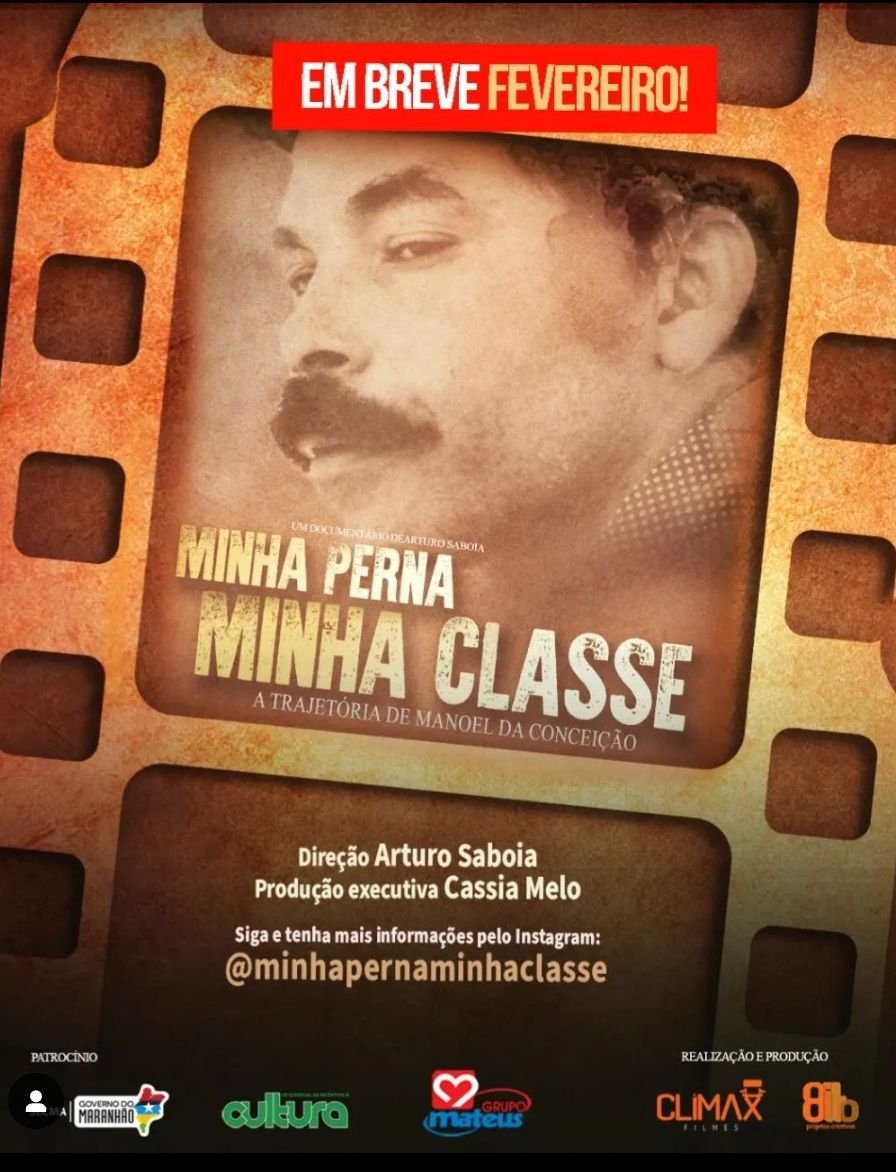
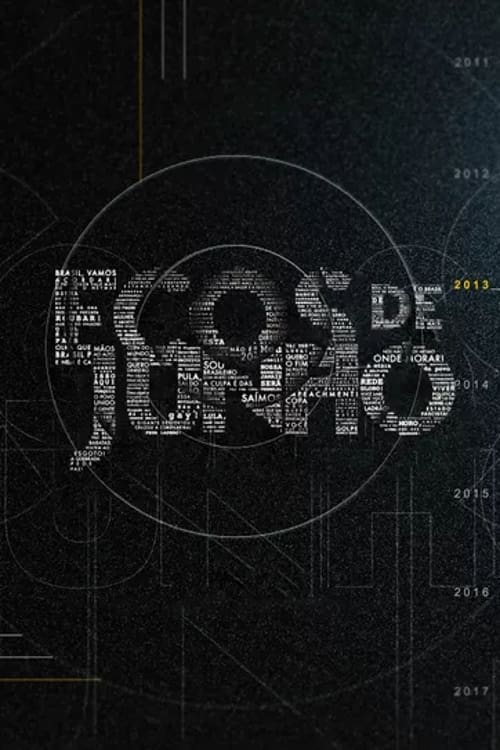
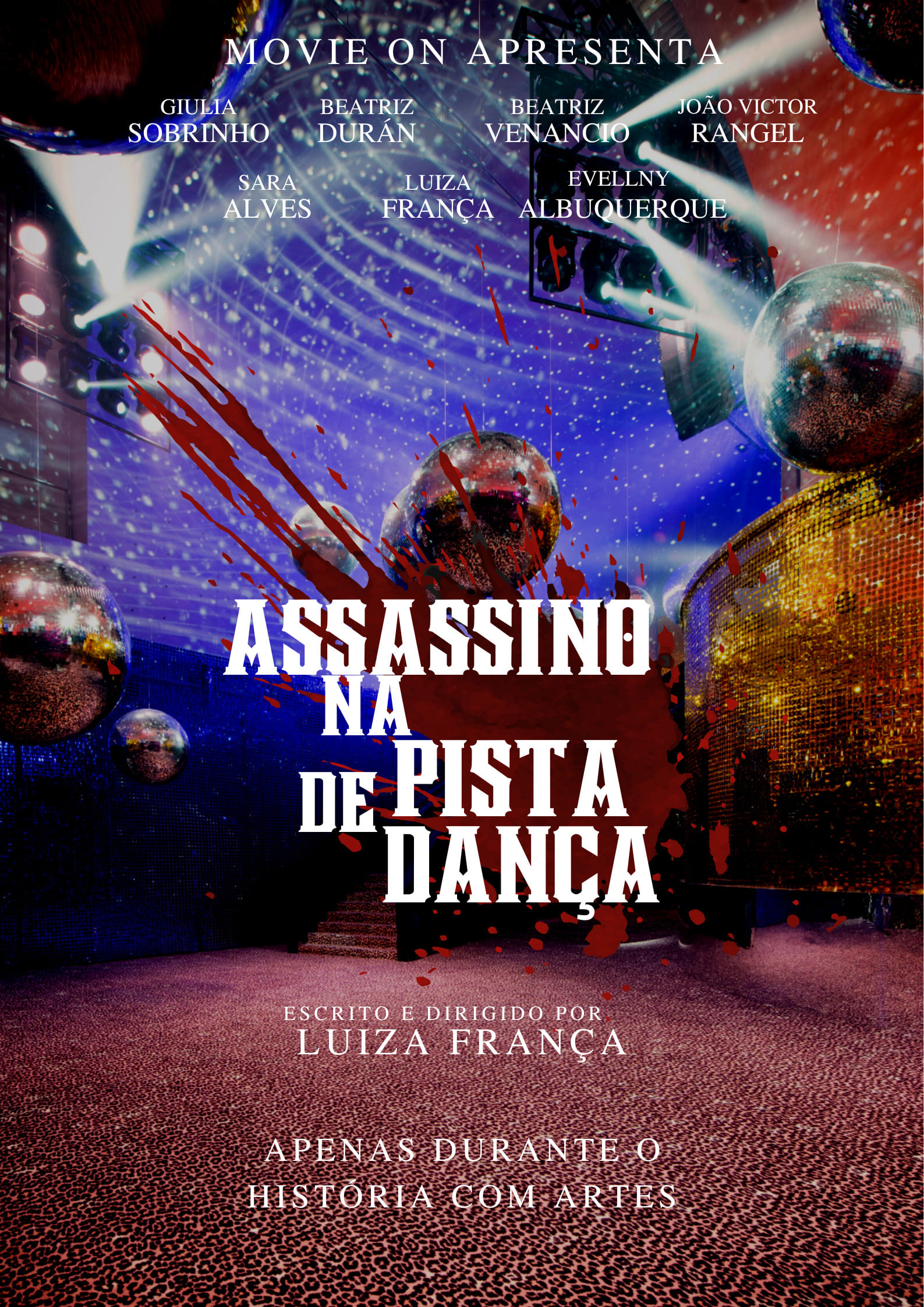
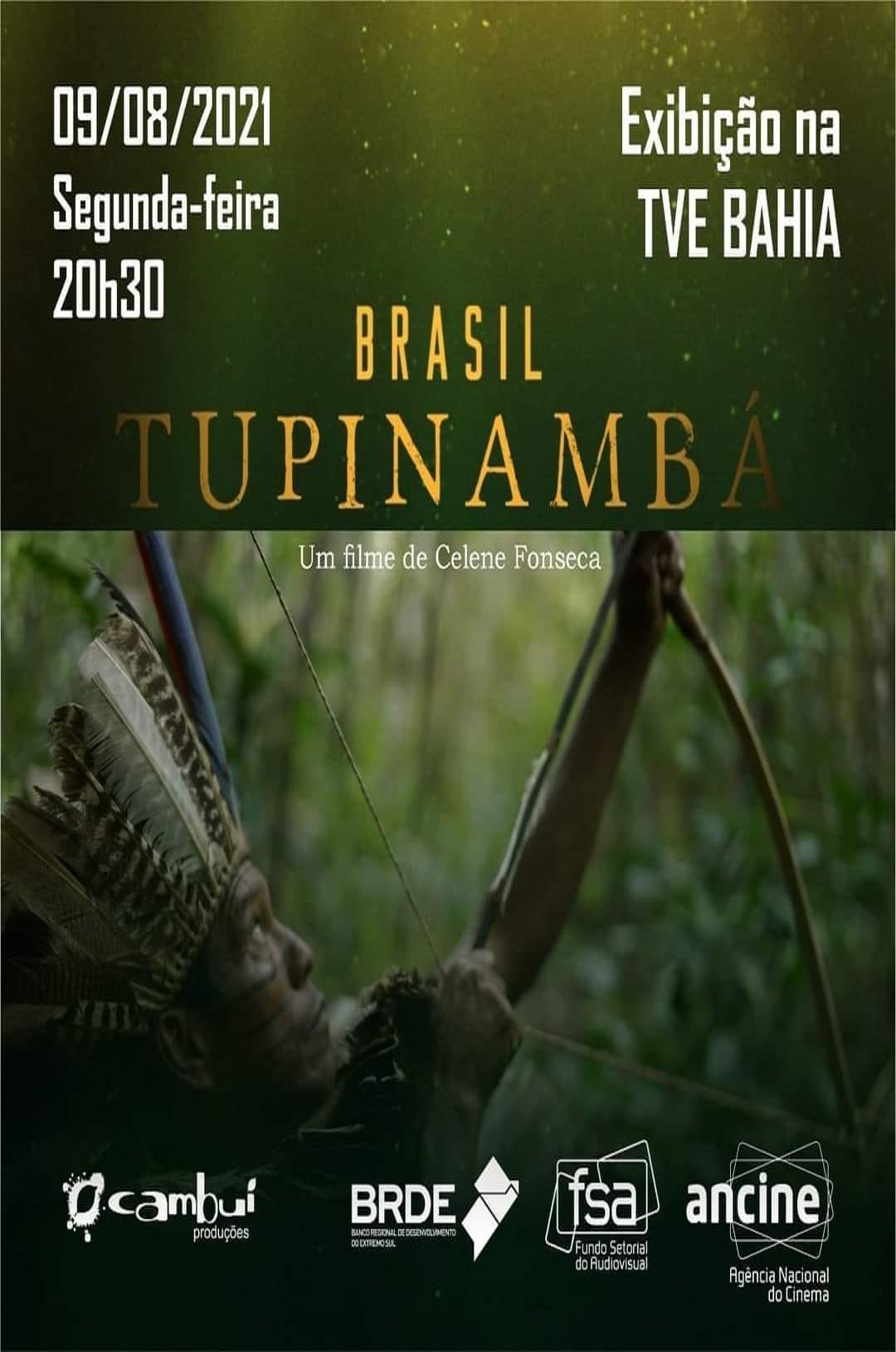
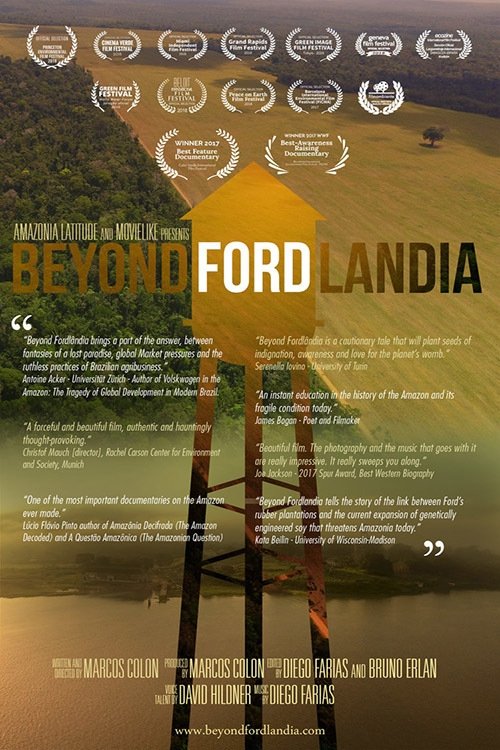
An environmental account of Henry Ford’s Amazon experience decades after...

Four siblings, whose their father disappeared during Brazilian Military Dictatorship,...
